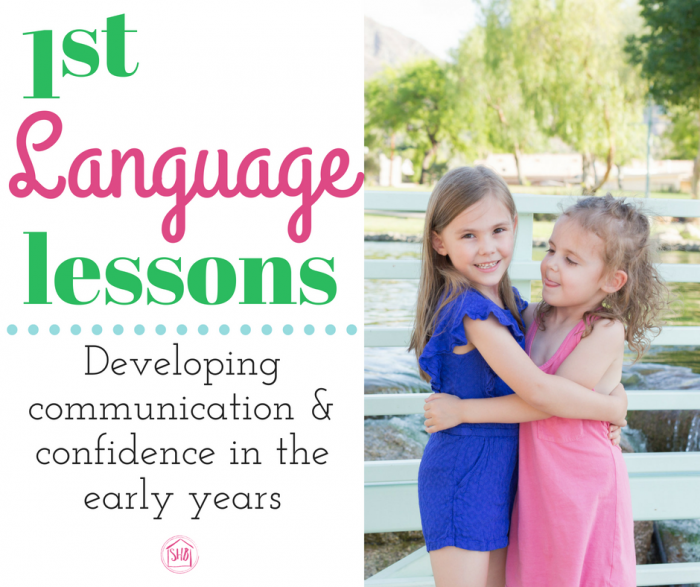
This book may have taken us over a year to get through. I can’t even remember when we started it. Our slow progress through this book is not due to boredom or disinterest. Rather it seems life got in the way even as it was becoming a part of our lives. Through this book we, together, have learned beautiful words, interesting conversations, and simple morals. We have delighted in language for its structure and its beauty. And we have gained confidence in public and private speaking.
All that in one little book!!
We just completed Level One of First Language Lessons by Jessie Wise. It is part of a series published by Well-Trained Mind Press. And it is WONDERFUL for kids in early elementary! Approaching instruction classically, it is full of simple lessons for parents and children to work through in just minutes a day. But it is so rich with language, that it can be enjoyed long after the book is closed.
This post may include affiliate links. If you click and make a purchase based on my recommendation, I get a small remuneration at no extra expense to you. I only recommend things I use and believe to be a blessing.
Here are my thoughts and some suggestions for mining the depths of this simple manual.
1. SMALL BITES
The lessons in this book are mercifully short. They understand children’s attention spans in the early elementary years. Since they are so short, I typically added this to our morning time (we call it Gathering) routine. Sometimes we read the lesson while eating breakfast or lunch. Sometimes, we read the lesson when the girls were playing outside. And sometimes I read the lesson as they delighted in the treats they received for recitation.
My suggestion for using this book to its fullest potential is to AVOID the temptation to say more or add more than what is in the text. It is simply not necessary.
2. SLOW PROGRESS
As I mentioned above, we worked through this book of 100 lessons VERY slowly. And I appreciated that some days we simply didn’t get a “lesson” complete. But in the days we were not able to complete a lesson, we almost always reviewed the poems. The there are about 12 poems sprinkled throughout the book. Not all of them are specifically for memorization (only 6). Since we went so slowly through the book, we took the time to memorize a couple more of the poems.
By the time we finally finished the book, my 5-year-old had memorized 7 poems and my 6-year-old had memorized 8. I honestly can say I did not memorize a single poem in all my schooling years. Through this process not only did my girls memorize; I did, too!!
3. POETRY MEMORIZATION
As I said, I didn’t do memorization when I was in school. But I think it is SO crucial for my kids and I have enjoyed encouraging them to memorize these poems. We have a few things we do to make memorizing the poems easier for us.
- TREATS!! I am unashamed to say I reward my kids with treats when they successfully recite their poems. They have worked hard not only to memorize the poems, but to recite them. Thus, a little reward is in order.
- Every other. My girls love to play a memorization game with me and each other we call “Every Other.” It is simply a back and forth recitation where I say one word, then they say the next word in the poem. We work all the way through our poems in this manner, especially when there are parts they stumble upon. If they only have to come up with the next word, they are encouraged by their knowledge. And it is fun!
- One word prompts. Once we have a poem under our belts, but are getting tripped up on the links to the next stanza or phrase, I try to give only ONE WORD prompts. If they need a little bit more help, I am always willing to offer it. But I have found my girls want to try it with only one word prompts.
- Delight. Nothing encourages a young child like enthusiasm from a parent-teacher. Giving full attention, constant eye-contact and generous applause are just a few things which encourage my children in their endeavors. High fives and hugs are great, too. Enjoying the telling and getting excited about the beauty of words and rhymes is such a motivator.
- Opportunity. Giving my girls a platform for recitation of their poems was key in their excitement to memorize. They love showing off their favorite poems for family members, friends, bank managers, anyone who would take the time to listen. As a parent I struggle with thinking my kids are bothering others, but I was surprised the delight others had in hearing a young girl enthusiastically recite a simple poem for them. It can brighten just about any day.
4. COPYWORK
Since we worked through this book with kids of two different ages, I modified the copywork portions of the lessons to each of my kids’ abilities. As we progressed through the book and my older girl can handle more copywork, I gave her all of the suggested work on the lessons that had it. And for the lessons which did not have suggested copywork, I instructed her to copy the text of the poems.
I have different standards for penmanship for the different abilities of my kids. But having a little bit of copywork to do each day with my kids is important to me.
5. ADJUST WHERE NECESSARY
Since we are Classical Conversations devotees, I changed the definitions of some terms to fit what we were learning elsewhere. I used the Classical Conversations definitions for nouns, verbs, pronouns, and purposes of sentences. The changes I made also helped my kids to learn the definitions because we had songs to go with the definitions. Changing it is not necessary for everyone, but I found it made sense for all the definitions to be uniform.
6. ENJOY THE MORAL
There are some life changing moral stories in this book! These stories had an impact on my children in such interesting ways. One particular story is “The Bundle of Sticks” found in Lesson 51. Because of the impact of the moral of this story, I was able to ask my girls-on-the-verge-of-an-argument, “Are you going to be a bundle or a stick?” This simple question would quell the quarrels bubbling up. It worked. Every time.
Taking the time to find the teaching moments outside of language in this book is worth it for parent and child. I am so thankful for the things we learned together!
The benefits we found in this season of lessons are different for each member of my family. My oldest girl (a proficient reader and reluctant writer), found confidence and developed listening skills. My younger girl (a non-reader who struggles with confidence) discovered she IS really good at memorizing and reciting poems. And as their mother-teacher, I found a more relaxed approach to teaching grammar classically.
As I said, we just finished our Level One of First Language Lessons and I have already ordered Level Two. Since we are schooling in a modified year-round format and because I include this in our daily Gathering, we can go right into this book without a break. We are so looking forward to memorizing our next poem, “The Goops”!
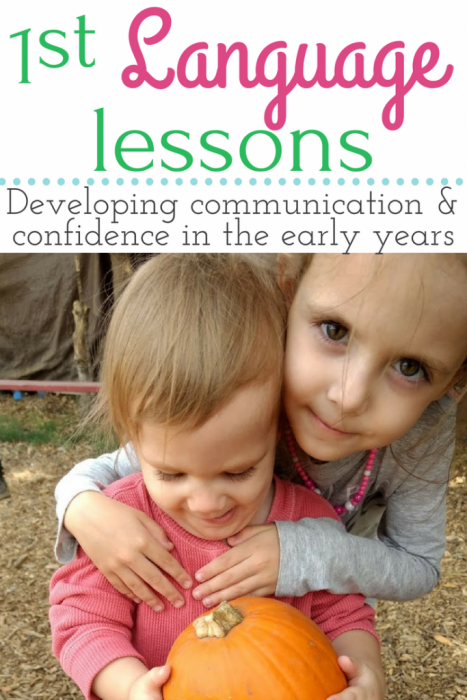




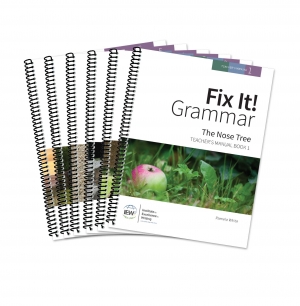
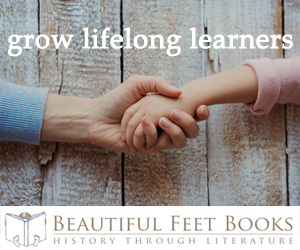

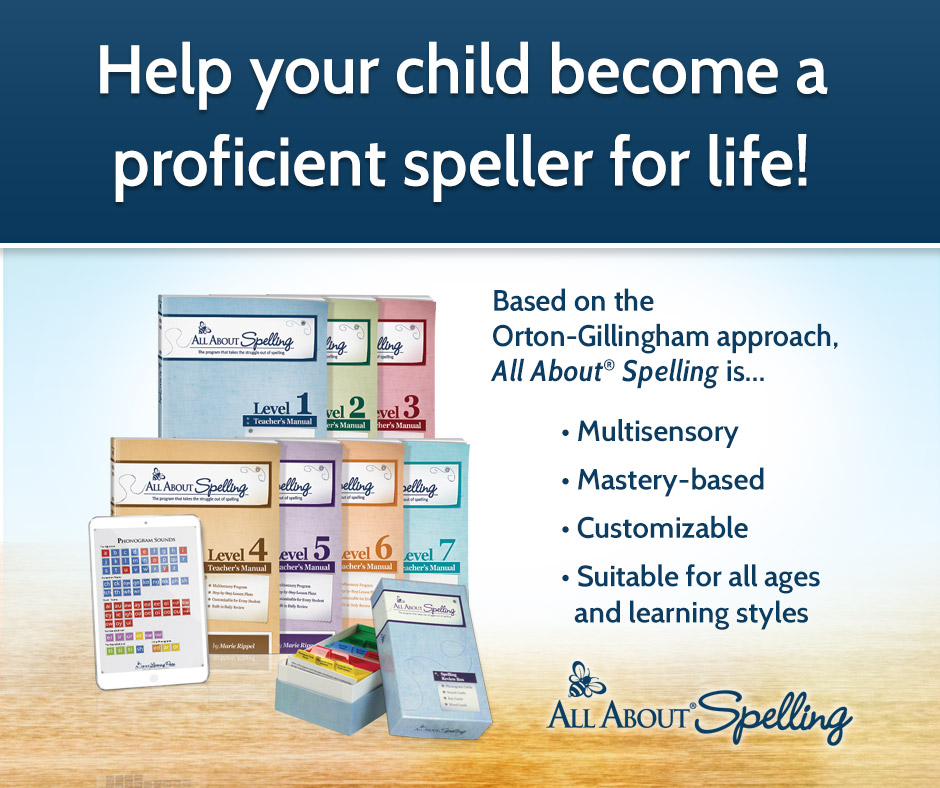

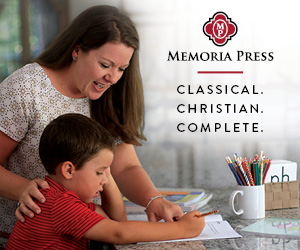




This Post Has 6 Comments
You are such an awesome mom! ?
Aw…thanks!
Would you recommend beginning this alongside a reading curriculum? I’m currently working through Well Trained Mind’s “The Ordinary Parent’s Guide to Teaching Reading” and had intended to begin this after he is successfully reading. It seems like you are using concurrently with your non-reading student. Is reading not a necessary prerequisite for this curriculum? Thanks!
Sure! I would recommend concurrently doing First Language Lessons with a reading curriculum. We tried and failed to implement The Ordinary Parent’s Guide to Teaching Reading with our daughter at this age. It may have been a readiness issue more than a problem with the curriculum. I found the IEW Pal program to be hugely helpful (and enriching) with teaching reading to my now voracious reader. She became a reader very quickly with that program and has grown in confidence since then.
Reading is definitely not a pre-requisite because of the “classical” nature of it. I actually do not allow my “reader” to look at the book either, unless absolutely necessary. I try to develop my kids’ ability to listen (attend) and learn (without reading).
I truly hope this is a helpful response.
I was thinking smooth adding Fix it Grammar or the IEW Bible Heroes book for my 7year old along wut our CC work. I haven’t heard of this First Lessons but sounds great. I was looking at IEW specifically because of CC . Any reason you choose this over IEW.
I love IEW, too! Fix-it is a wonderful resource we use during the summer before and in between Essentials. But First Language Lessons is perfect for Foundations students. It is gentle but thorough and strikes a nice blend of Classical and Charlotte Mason, which I love. I love the Bible Heroes curricula, too! You have made some great choices! I would do the Fix-it a bit later.